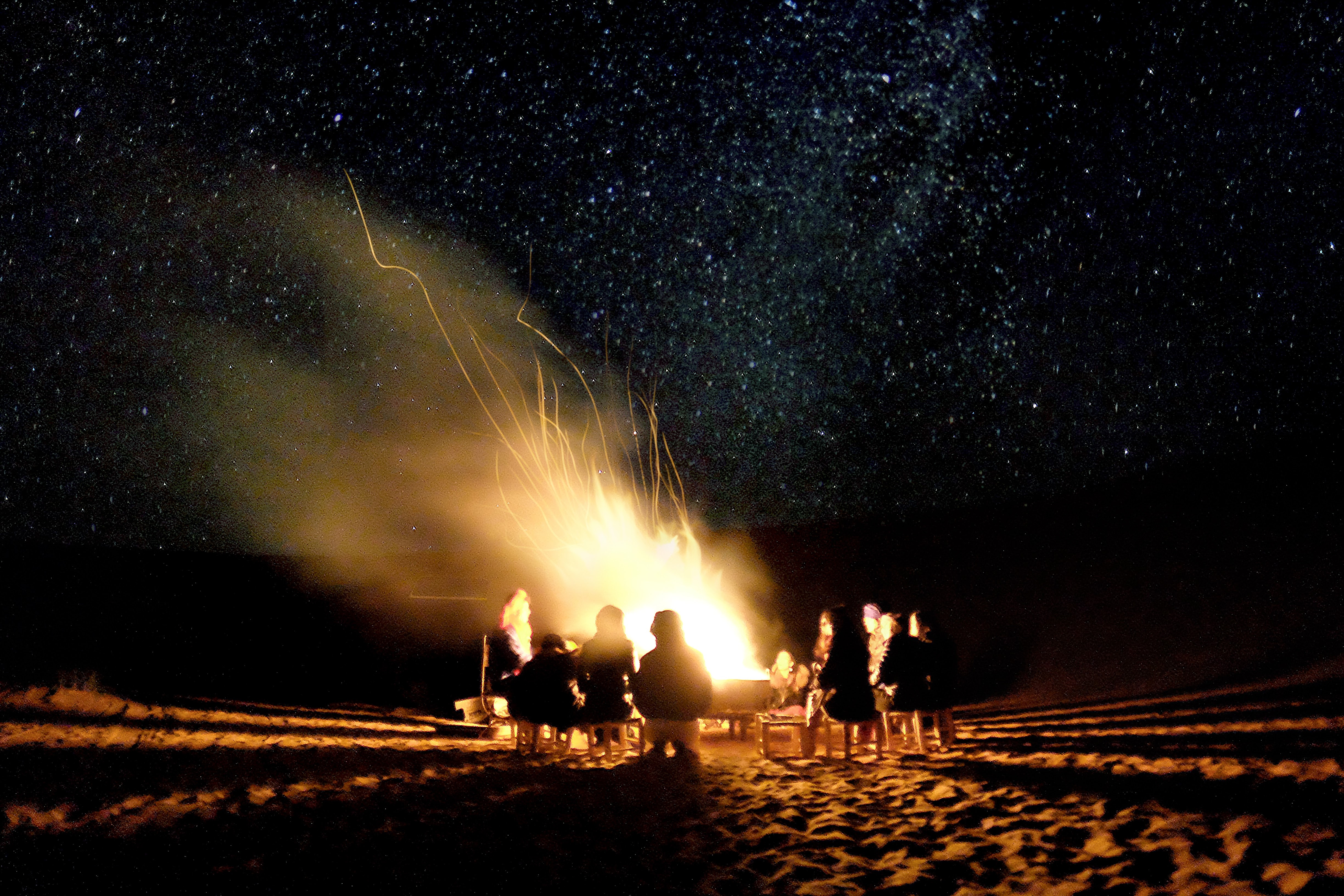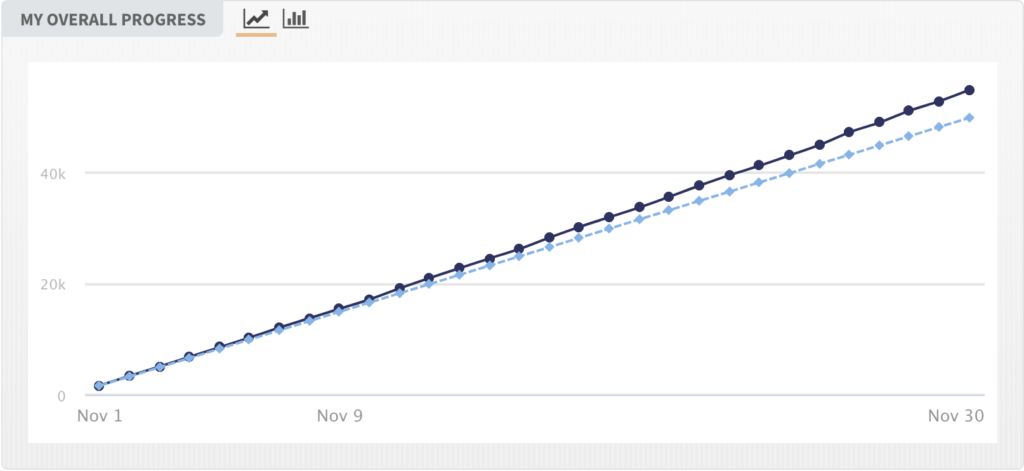
What do you care about?
Go ahead and rattle off your initial list – the people you know, doing a good job at work, making a positive difference in the world, etc.
Then dig deeper.
What are your high-risk cares? What do you care about internally but never share because you might be judged for it? What are your unusual cares?
Once you go beyond the the easy-breezy cares, what are the harder cares that require more investment or risk?
Here are some of mine:
- I care about the long-term future of humanity and where it’s heading.
- I care about politics. I respect and admire good leadership and intelligent decision making. I find the opposite deplorable.
- I feel a connection with people who are feeling alone right now, not getting their needs met, wondering if they’ll ever find someone to share their life with or if they’ll even pull out of the slump they’re in. I care about helping them. I like playing the role of being a stable, positive presence in their life, someone who will keep encouraging them with limitless patience.
- I care about the people who are in hospitals right now, many dying from COVID, especially those wishing they had more time to live. Sometimes I imagine what it’s like to not be able to breath.
- I care about my relationship with this reality. This is a wondrous dimension of existence. I want to keep this relationship rooted in trust. I want to keep making this relationship stronger as I grow older.
- I care about my wife. I want her to have a fabulous life full of delightful experiences, playful adventures, warm cuddles, sensual pleasures, inspiring challenges, and cherished memories. I love seeing her stretch herself as we grow together. I love that we are each other’s best friends.
- I care about death. I want its presence to keep reminding me to live fully and not to settle for partial matches. I like that it keeps me aware of the potential pain of regret, sometimes with gentle reminders and sometimes with powerful ones.
- I care about animals, especially those in the factory farming system that suffer daily in ways that would be unimaginable to humans. I would love to see humanity graduate to a more caring relationship with animals.
- I care about technology. Its evolution fascinates me. I love seeing how my relationship with tech has evolved since the 1970s. It’s fun to think about how it will continue to evolve and what possibilities are just over the horizon.
- I care about my character. I want to look within myself and like and appreciate what I see. I want to delve into the darkest regions of myself and replace shame, fear, and guilt with love, forgiveness, appreciation, and warmth. I want to live as a fully integrated being, not as a collection of parts arguing amongst themselves.
- I care about my relationship with time. I want it to be my friend and ally, not my enemy. I want to look forward to my later years with positive anticipation and pre-appreciation, not with worry or angst. I want to look in the mirror and smile as I watch myself getting older.
Some of these cares led to major changes in how I live my life or how I run my business.
Hard cares are very motivating, but they’re difficult invitations to accept. It’s challenging to move beyond the easy-breezy cares and to admit that they just aren’t giving you enough motivational juice.
When I imagine doing things that other people seem to care about, like showing up to a corporate job each day, they just seem demotivating and pointless… like why would I want to waste my precious life on that, even for one day?
But I can easily get myself to spend days on end delving into esoteric aspects of personal growth that few people who like corporate jobs would understand or care about, but these explorations matter to me.
If I want to experience a life that flows with lots of motivational juice, I have to pursue and explore what I truly care about, not what society expects me to care about. This includes accepting that my cares are good and that they’re mine to explore and understand.
One care that’s been fascinating me a lot lately is my relationship with aging. I turn 50 in a few months, so knowing that I’m about to enter a new decade of my life is pushing this idea to the front of my mind. Society in general has a tremendously negative relationship with aging. I want to create a vastly more positive relationship with this aspect of life.
My hard cares are mostly relationships with different aspects of life. I care about making those relationships healthy, positive, and rich in appreciation. When I spot a relationship that isn’t working, I ask myself if I truly care about that relationship, and then I think about what changes I’ll need to make to invest in long-term improvement.
Investing in hard cares, especially by defining them as relationships, works very well.
I found it difficult to care about money, but I was able to care about my relationship with money. I didn’t want that relationship to be full of stress and angst. I wanted it to be full of abundance, playfulness, trust, creativity, and fun. I still don’t care much about money, but I love that I’ve been able to create this kind of relationship with money. I appreciate the relationship way more than the money itself.
I found it difficult to care about business, but I definitely care about my relationship with my business. I want this relationship to be rich in exploration, variety, connection, purpose, positive ripples, creative flow, and inspiration. I also want my relationship with my business to be light, playful, and flexible, not so heavy and controlling. I never want to feel trapped by my business. I want to feel engaged and uplifted. The desire to have this kind of relationship led to some careful decisions, including avoiding many “opportunities” that could easily turn the experience into a stressful trap. I love my business, and I want to keep that relationship happy and healthy for many more years.
I encourage you to take a hard look at the relationships with parts of your life that aren’t working so well. Describe the current relationship based on how you feel about it. Then describe how you’d like that relationship to be. Recognize that these are your hard cares, and to get aligned with them, you’ll need to make some hard decisions.
Be willing to say no to relationships that aren’t working for you. Elevate your hard cares from “nice to haves” to the level of “must haves.”
Many years ago I tolerated partial matches in my professional and personal life. I treated my hard cares as soft cares. That was very unsatisfying.
It was tough to go against the social grain and to demand better relationships from life. It was hard to admit the truth that these relationships really do matter a lot to me, and I’m not willing to sacrifice what I want to live up to someone else’s expectations.
It was hard to say, “No, I’m not just going to suck it up and suppress my feelings.”
It was hard to leave… again and again… till I got these relationships right.
But oh it was so worth it.











